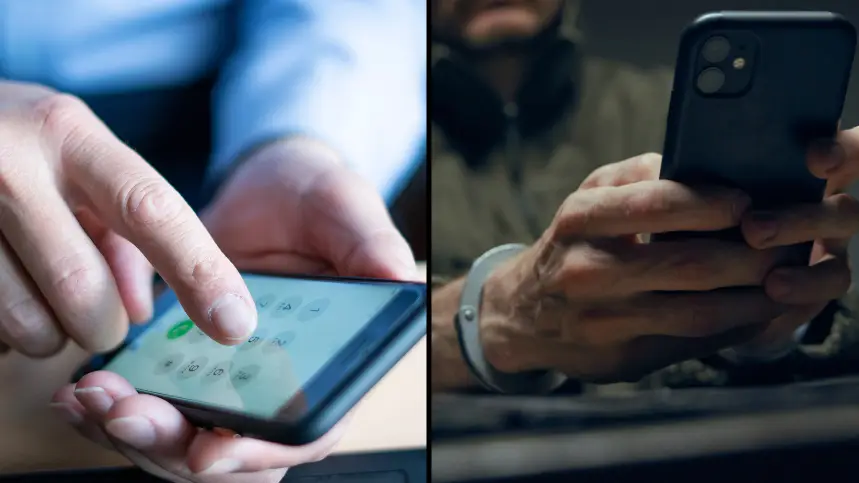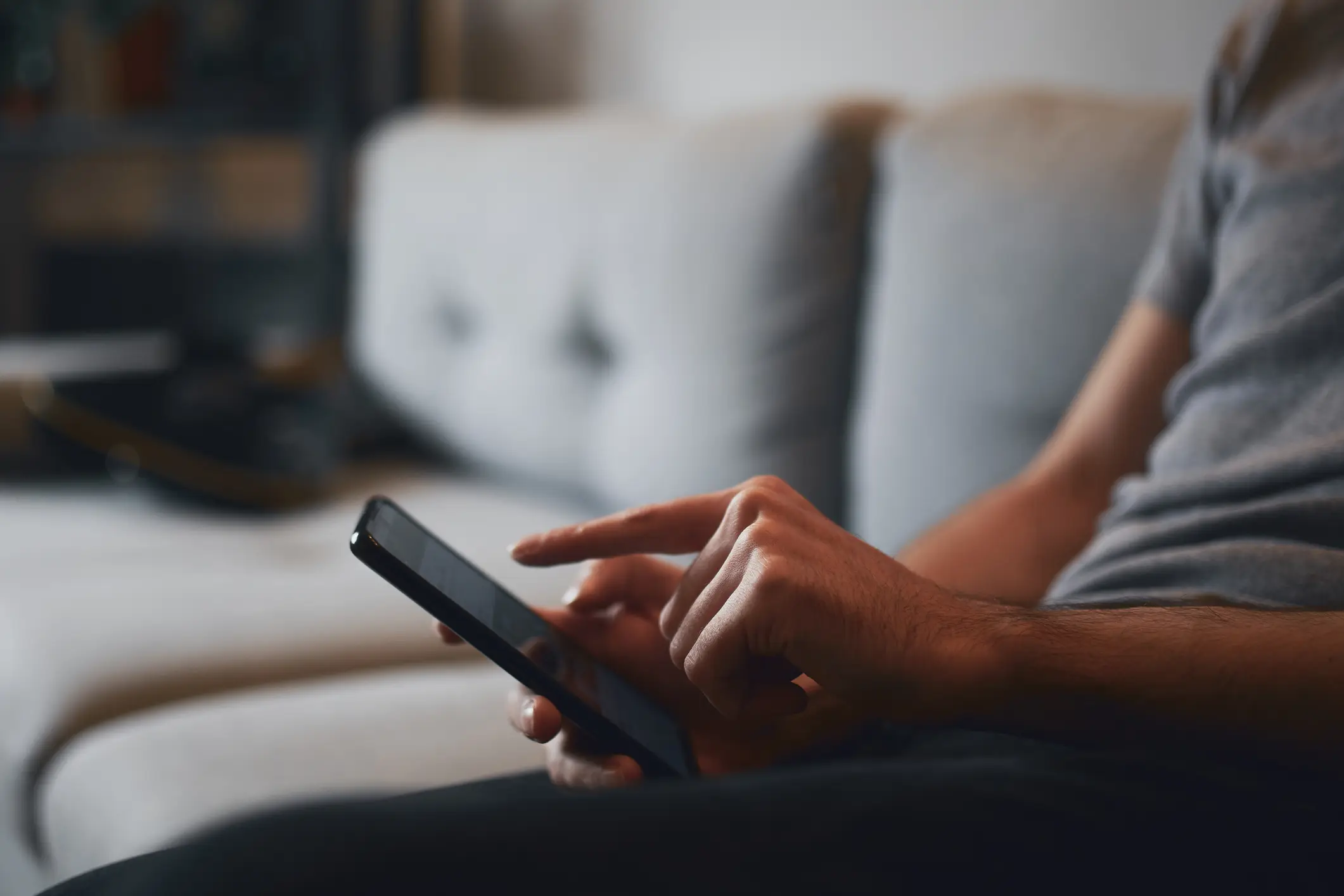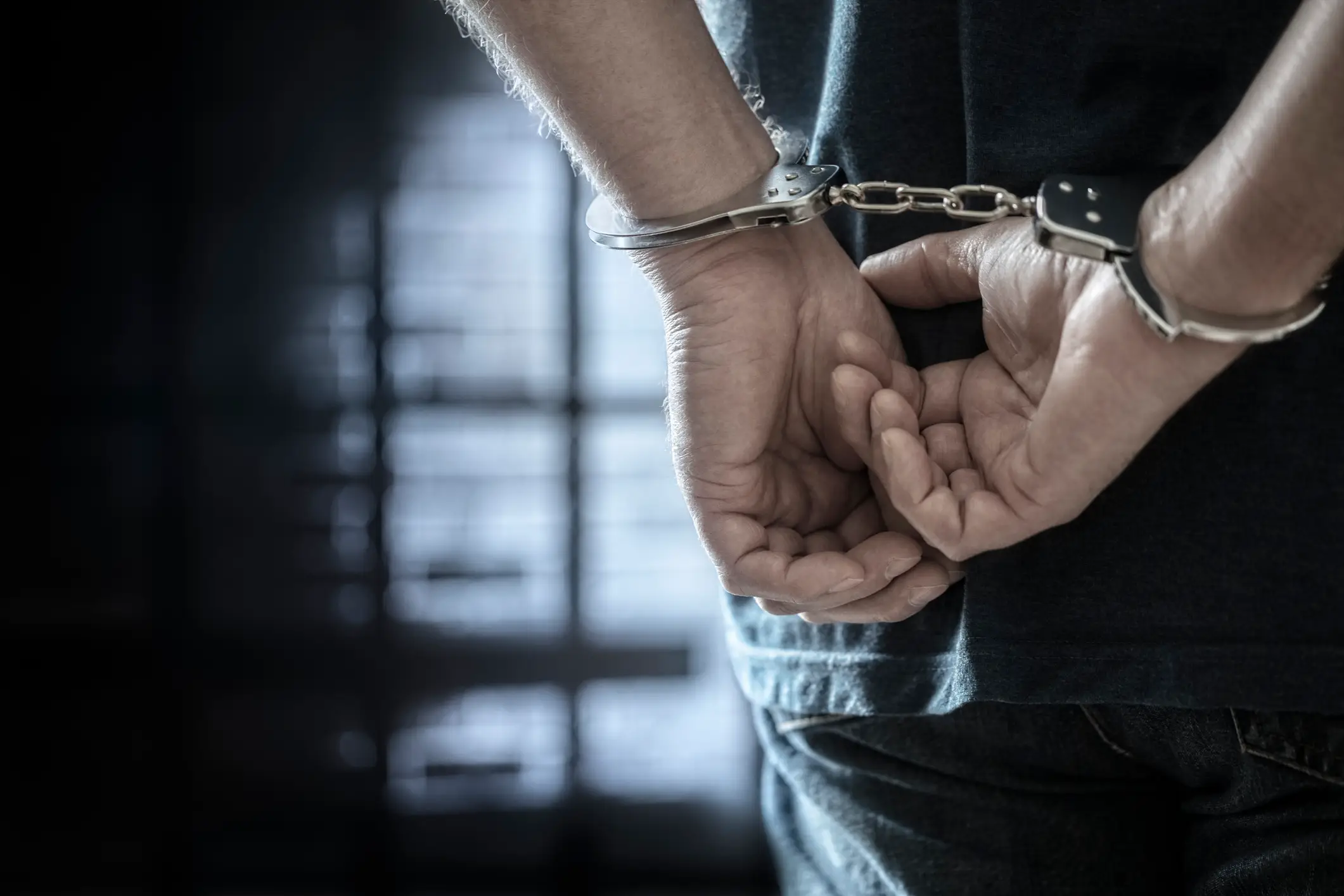
Have you ever wondered what might happen if the police found your telephone number in a drug dealer's phone?
It might not be something you've pondered often, but nevertheless the answer might surprise you.
What exactly can the police find if they seize a drug dealer’s phone?
In the UK, if police seize your phone, they essentially have access to whatever it's storing - aka messages, emails, contacts, call logs, and pictures.
Stuart Miller Solicitors explains that even information that has been deleted could still be stored and therefore accessible.
Can you get in trouble if your number is in a dealer’s phone?
Russell Pyne, who is joint head of crime at 2KBW Chambers in Winchester, has been prosecuting drugs cases for nearly 30 years.
Advert
He explained what could theoretically happen if your number was to make its way into a drug dealer's phone, if they were to be arrested or investigated by the police.

When asked what trouble a person could be in if this happened, Pyne told Vice: "Likely none at all. If it's the phone of your dealer and you're simply a customer, it's unlikely the police are going to want to identify all the customers of the dealer and go after them.
"There is no criminal offence in asking to be supplied with drugs. There's nothing illegal about asking. Offering to supply is a criminal offence, supplying is a criminal offence and possession is a criminal offence."
The exceptions
However, Pyne explained there could be exceptions.
"That might be different if there are other things on the phone, or if the dealer is making allegations against you," he said.
Pyne elaborated by explaining these 'allegations' could potentially see the dealer accuse someone else in their contacts of being their dealer - in other words, shifting the blame. But he did say that scenario is quite rare.
Police could, however, look through the conversation history.
"As an additional part of the investigation, they will be wanting to find evidence that he or she is a dealer, because it's unlikely the person concerned is going to make a full and frank admission," he added.
"The content of texts will often give an idea of whether it's commercial dealing, what drugs they are, over what period of time and in what quantities. So they will be analysed by an expert drugs officer."

What happens if the police contact you
Pyne explained that if you're contacted and asked to come to the station, there is a 'general expectation' that people will assist where they can.
"There are some – but not many – cases where they can prosecute for not cooperating, but on the whole people are not under a legal requirement to help the police," he said, adding that he doesn't suggest people obstruct an investigation.
If you want friendly, confidential advice about drugs, you can talk to FRANK. You can call 0300 123 6600, text 82111 or contact through their website 24/7, or livechat from 2pm-6pm any day of the week
